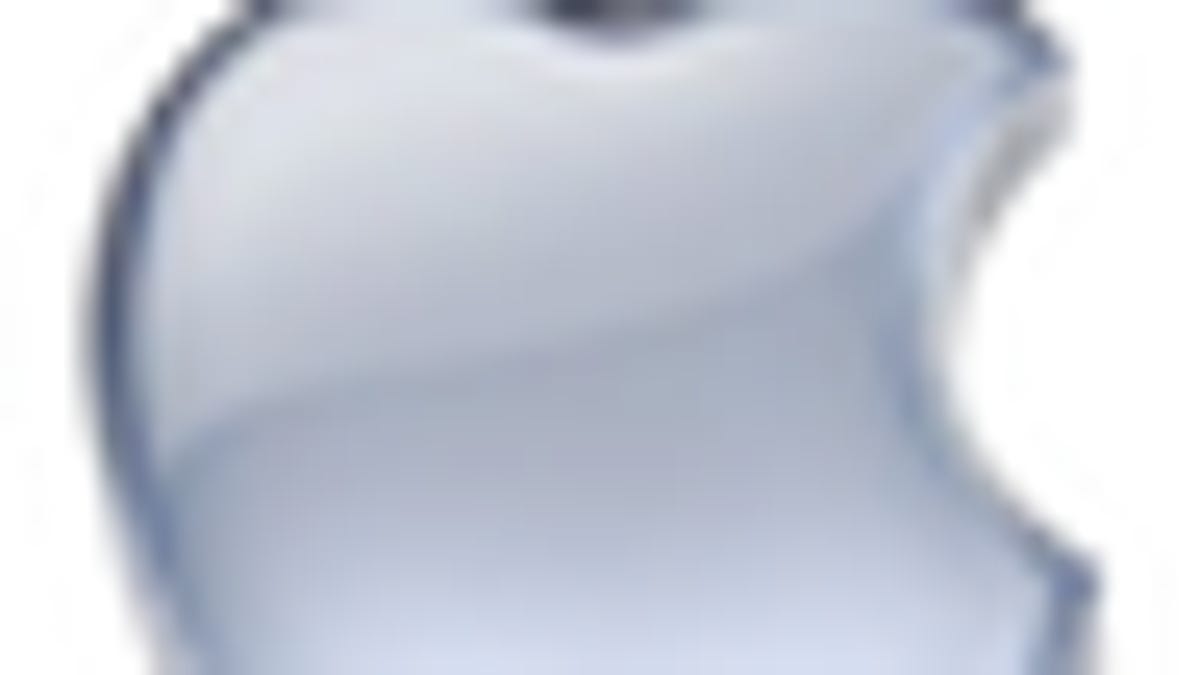Apple vs Psystar: Goliath wins
Apple's ongoing copyright infringement dispute with Mac clone maker Psystar has all but wrapped up with a big message to clone makers: "Don't even try!"

Apple's ongoing copyright infringement dispute with Mac clone maker Psystar is getting a bit of attention these days as the January 10 date of the trial draws nearer and both companies have tried to settle without going to trial. When Psystar first started selling Mac clones, Apple seemed uncharacteristically silent and did not respond to inquiry about the situation. When it finally did several months later, it appeared it was not going to pursue the situation with a "cease and desist" atmosphere. Now it's clear that Apple took a measured response to not only squash Psystar's Mac clone efforts, but also to ward off others interested in cloning Macs.
Recent developments in which U.S. District Court Judge William Alsup ruled in favor of Apple in a summary judgment made it apparent that Psystar would probably not be successful against Apple, and earlier today CNET reported that Apple and Psystar have formed a deal, which now appears to be an offer from Apple to Psystar for Psystar to avoid further harm to itself if the trial were to continue.
AppleInsider is reporting that Psystar will pay Apple $2.7 million for damages and attorney fees, with the deal being that in turn Apple will not pursue trademark infringement claims against Psystar. This sheds a new light on Apple's dedication to the situation, showing its complete intolerance for Mac cloning.
Perhaps it was obvious from the beginning that Psystar's chances for success against Apple were remote at best, but it's clear in these efforts that people are very eager to see OS X run on other systems, or at least try. There is no question that the Mac operating system is quite appealing, and when Apple licensed the Classic Mac OS before Steve Jobs returned, a number of companies were very successful at creating Mac clones. Additionally, since developing OS X even Michael Dell has stated interest in selling computers with OS X on them, provided Apple would license the software again.
So far this has not happened, and I would imagine that if the interest were only in running OS X, then Psystar would have been very successful in its efforts; however, according to MacWorld it sold less than 1,000 clones. Perhaps this is because of Apple's efforts to mold the Mac experience in ways that are appealing far beyond the OS itself. Customer and product support come to mind; however, there is also the large community of users who are willing to help others solve problems and keep their computers running. Psystar, Quo, and other clone makers just do not have this. Apple's "Mac" is about the whole system (software, hardware, and users), not just the operating system itself.
Questions? Comments? Post them below or email us!
Be sure to check us out on Twitter and the CNET Mac forums.

